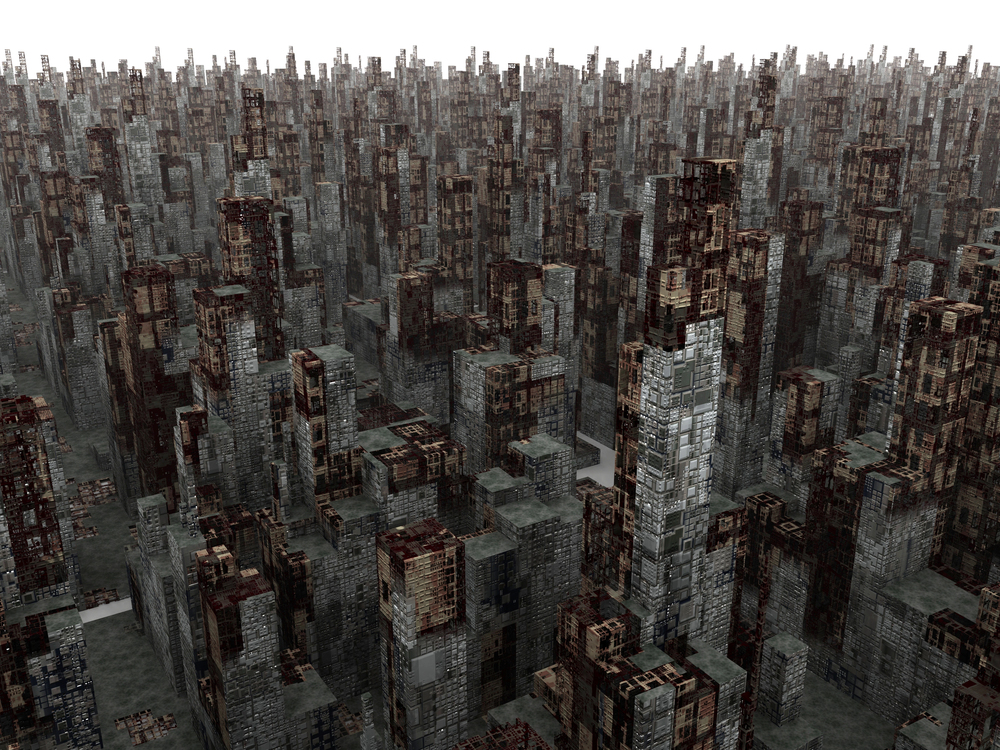Incentivizing Sick Cities
By Anna Leman
Can a zoning meeting help rush hour traffic? According to Alain Bertaud, urban building regulations can indeed have a major impact on the flow of city traffic.
On this episode of EconTalk, Russ Roberts is joined by urbanist Alain Bertaud where they discuss designing cities and the effects that regulation, culture, and topography have on a city’s functionality and charm.
Bertaud begins by explaining what an urbanist is. Unlike the city planners that design a city to conform with a specific vision, an urbanist works with a city’s unique culture and features to solve the problems its population face. He is doctor of cities, diagnosing and treating sicknesses in city structure and procedures.
One common ailment is congested traffic. Many things affect the amount of regional traffic – road space, public transportation, amounts of cars, and even parking policy. Oftentimes, city policy incentivizes car ownership simply by providing free street parking. Although removing all street parking may not be the answer, Bertaud does suggest creating a market around parking spaces and treating parking real estate like hotels for cars by charging people to park at rates reflective of the demand for space. He offers Singapore’s congested parking as an example. While parking may be expensive on the weekends when those spaces are in high demand, lower weekday fees encourage people to visit that area during the week. Variable pricing levels out the flow of traffic in a region simply by decreasing unnecessary traffic during busy hours and increasing traffic during slow hours.
Bertaud also suggests building underground. While dense cities can expand housing upward, cities can also expand downward. Subways and Metro lines can help decongest the streets by rerouting the flow of people onto trains underground. But it is not just about smoothing out rush hour. Bertaud reminds us that urban transportation is about connecting people. Cities provide the opportunity for different people to randomly interact. The new acquaintance at a local café, the rude subway passenger, the inspiring conversation over coffee – all these experiences with people different from oneself are beautiful and desirable.
The beauty of cities’ randomness, however, is one often lacking in American cities. “I think,” Bertaud comments, “that Americans still have the spirit of the frontier, where you will move West. I mean, maybe it’s a myth, but it’s in the spirit. So, they value the size of housing much more than Europeans do. And, they value also having a piece of land around their house.” These preferences, along with a dislike for people different from oneself, expand American cities into large suburbs filled with single family housing. While owning property and liking space is not a bad thing, it is a tradeoff for the charm of walkable cities. It is the difference between the French café and the neighborhood barbeque.
Now let’s hear what you think… Share your responses to the questions below, and let’s continue the conversation.
1.) What are major problems in American cities that need a doctor? How might local governments address these issues more effectively?
2.) What are the pros and cons for American preferences for land and spacious housing? Are these preferences merely a cultural trade off or is there something more meaningful behind them?
3.) Bertaud clearly values a city’s diversity, but the term “diversity” is often a dividing point in politics. What are the pros and cons of diversity? How can diversity be a strength? How can it be a weakness?

